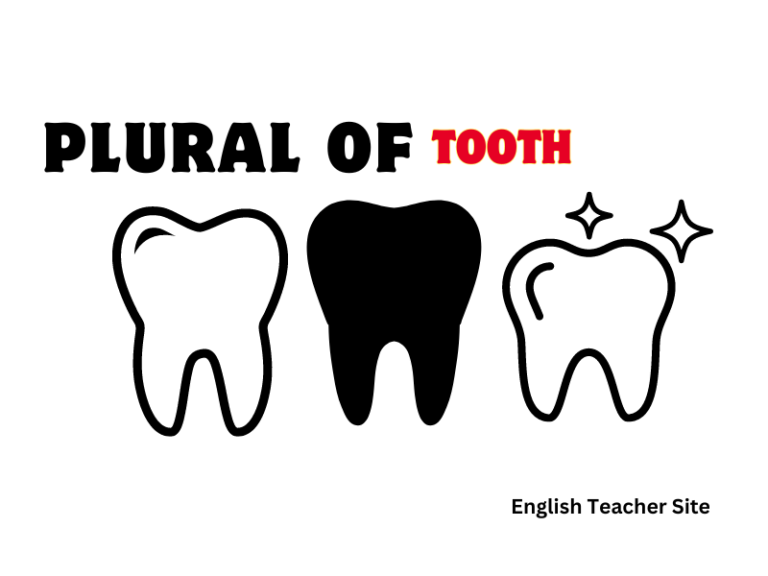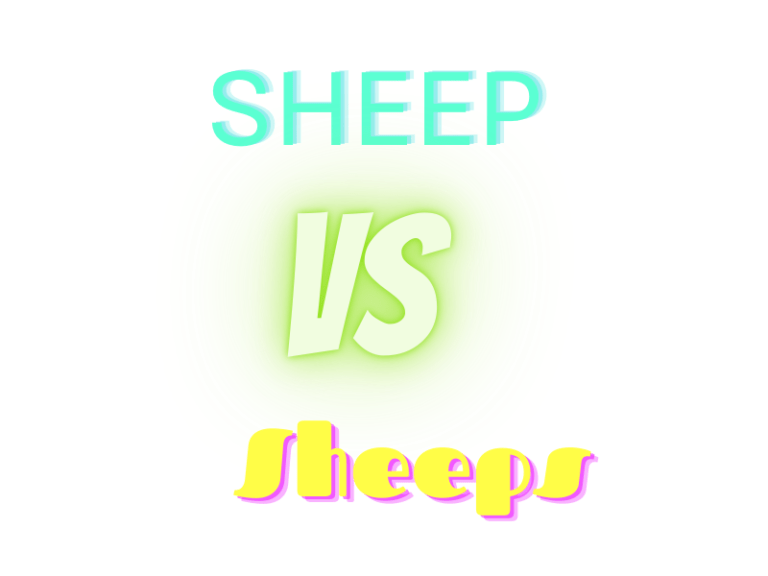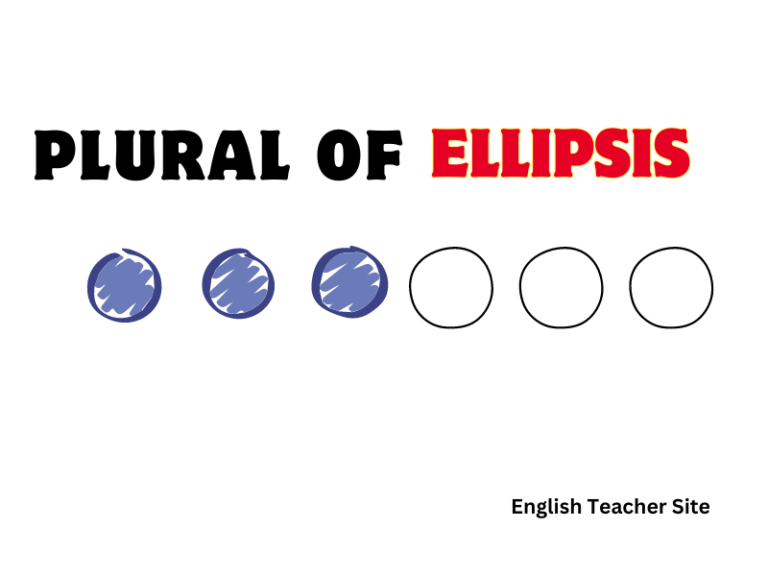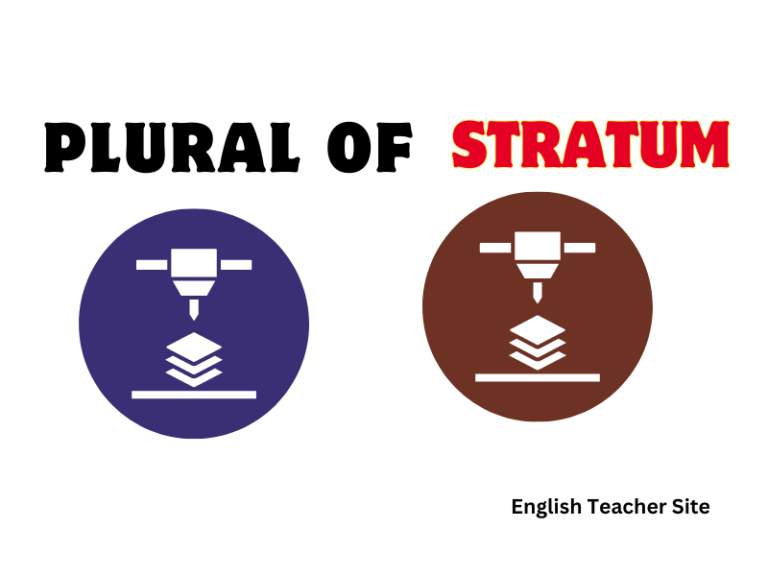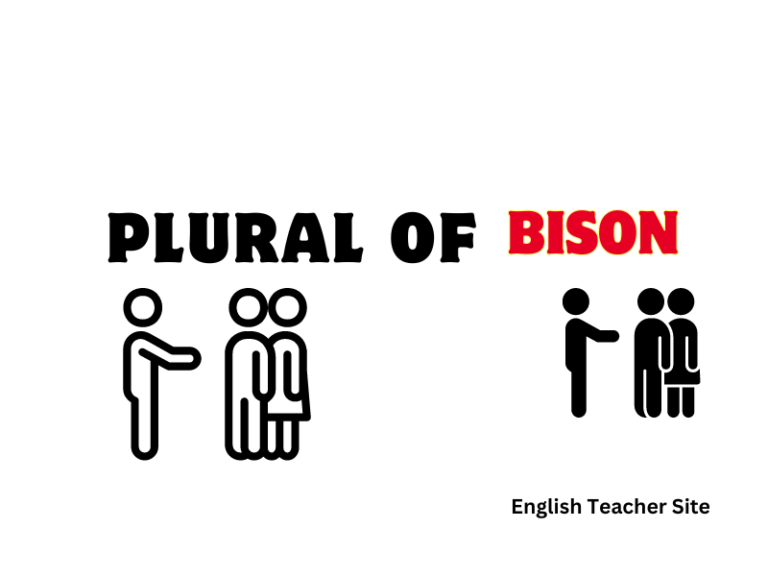What’s the Plural of Stimulus: Understanding Grammatical VariationsStimulusWhat’s the Plural of Stimulus: Understanding Grammatical Variations
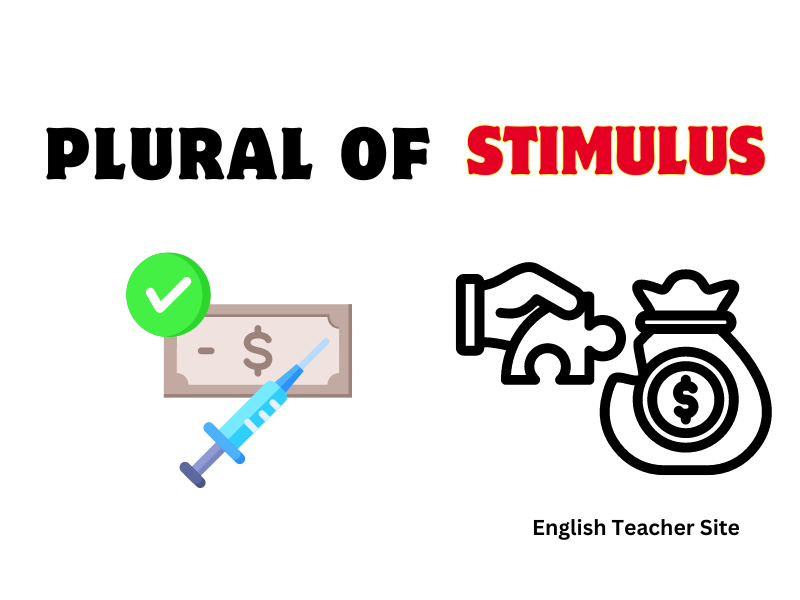
- The plural form of “stimulus” follows Latin rules for pluralization.
- “Stimuli” is the appropriate plural form, diverging from standard English patterns.
- Understanding the plural forms of words like “stimulus” ensures precise and effective communication.
The correct plural of “stimulus” can be found in various reputable dictionaries, confirming that the word adheres to a rule stemming from its Latin root. This rule converts words ending in “-us” to their plural form by changing the suffix to “-i.” Hence, the plural is not formed by merely appending an “es” as one might expect with regular English nouns.
Is Stimulus Plural or Singular?
“Stimulus” is indeed a singular noun. Originating from Latin, it refers to a factor that provokes or incites an action or response in a biological or psychological context.
Below are tables that break down the singular and plural forms of the word:
Singular to Plural Conversion
| Singular | Plural |
|---|---|
| stimulus | stimuli |
Usage in Sentences
| Singular | Plural |
|---|---|
| The loud noise was an effective stimulus. | Various stimuli can affect plant growth. |
To further clarify, here is a list of bullet points highlighting key aspects about the word “stimulus”:
- The singular form is used when referring to one incentive or motivator.
- The plural form “stimuli” is used when discussing multiple incentives or motivators.
- The change from “stimulus” to “stimuli” follows a pattern seen in other Latin-derived English words where “us” becomes “i” for pluralization.
Definition of Stimulus
A stimulus represents any event or situation that prompts a response or reaction from an organism or system. In essence, it is a catalyst that initiates activity or produces a specific effect.
In Psychology
- External Stimuli: Sensory input that leads to a response.
- Internal Stimuli: Thoughts or emotions triggering behaviors.
In Economics
- Financial incentives: To stimulate economic growth.
- Policy measures: A legislative action to encourage industry.
In Physiology
- Physical triggers: Temperature causing a bodily response.
- Chemical factors: Hormones inciting cellular activity.
Usage in Sentences
The term “stimulus” can be observed in various contexts. For example:
- The sound of a bell serves as a stimulus for the conditioned dog to salivate.
- A tax reduction is often used as a stimulus to spur consumer spending and energize an economy.
What’s the Plural of Stimulus?
The word stimulus is one such noun with a plural form that doesn’t follow the simple ‘add an s’ rule typical to English. Instead, it has a classical origin which dictates its irregular pluralization.
The accepted plural form of stimulus adheres to its Latin roots where the ending -us is replaced with -i for its plural. Therefore, the correct plural form is stimuli.
Below is a quick guide to help illustrate the correct usage:
Singular to Plural Transformation
| Singular | Plural |
|---|---|
| stimulus | stimuli |
Usage in Sentences
- In the experiment, each stimulus provoked a different response from the participants.
- The researchers carefully observed the effects of different stimuli on brain activity.
The use of stimuli is widespread in various disciplines from psychology to biology, signifying multiple items that elicit or provoke a reaction or response. In literature and writing, proper usage of terms like stimuli showcases precision and a strong command of language nuances.
- Stimulus: A thing that rouses activity or energy in someone or something; a spur or incentive.
- Stimuli: Multiple things that incite individuals or systems to action.
Nouns Ending in -us/-i
Regular and Irregular Plurals
Not all nouns ending in “-us” follow the Latin pluralization rule. Depending on the word, the plural might be regular (adding “s” or “es”) or irregular (changing to “-i”). Here are a couple of tables to exemplify this:
Table 1: Regular Plurals
| Singular | Plural |
|---|---|
| campus | campuses |
| virus | viruses |
| walrus | walruses |
Table 2: Irregular Plurals
| Singular | Plural |
|---|---|
| stimulus | stimuli |
| nucleus | nuclei |
| cactus | cacti |
Usage in English
- Regular plural form: Some nouns ending in “-us” become plural by adding “-es,” as in “buses” or “gases.”
- Irregular plural form: Nouns mostly derived from Latin will often take “-i” to form plurals, such as “fungi” or “alumni.”
Learning and Recognition
- Regular plurals can be memorized and recognized by their simple addition to the base word.
- Irregular plurals are best learned through exposure and use, as they often come from academic and scientific terms.
Contextual Examples of Stimulus
In psychology, a stimulus might be:
- A sudden sound that causes a startle reaction.
- A flashing light used to study reaction times.
Economically speaking, a stimulus could refer to:
- Governmental financial support to boost the economy.
- A tax rebate designed to increase consumer spending.
Below are tables showcasing sentences that illustrate how the singular and plural forms are typically used:
Table 1: Using ‘Stimulus’ in a Sentence
| Sentence | Explanation |
|---|---|
The teacher used a bell as a stimulus to signal the end of playtime. | Stimulus here is singular, referring to one specific prompt. |
| An increase in interest rates served as a stimulus for investors to sell their bonds. | Here, stimulus is a singular economic trigger. |
Table 2: Using ‘Stimuli’ in a Sentence
| Sentence | Explanation |
|---|---|
The experiment included various stimuli to observe the subjects’ responses. | Stimuli refers to multiple prompts used in the research. |
| The government introduced several stimuli to combat the recession. | Here, stimuli are multiple economic measures. |
When crafting sentences, careful selection of singular or plural forms enhances clarity. For instance:
- The scent of food is often an effective stimulus for hunger.
- In reaction to the stimuli, the participant’s heart rate increased.
Contextual Examples of Stimuli
Sentence Examples:
- External factors such as bright lights and loud noises are stimuli that can affect a person’s concentration.
- The researchers introduced varying stimuli to observe the behavioral responses of the subjects.
- In education, teachers use a variety of stimuli to engage students and facilitate learning.
In Scientific Contexts:
| Singular | Plural |
|---|---|
| The stimulus caused a reaction in the lab rat. | Different stimuli were used to gauge the rats’ reactions. |
In Economic Discussions:
| Singular | Plural |
|---|---|
| A tax cut is a stimulus intended to boost economic growth. | Governments around the world have introduced various stimuli to prevent economic downturns during the pandemic. |
Origin of the Word Stimulus
The etymology of stimulus can be traced back to the Latin term stimulus, which signified “a goad” or “a pointed stick” used for driving cattle or slaves. It also held a figurative meaning, referring to a “sting or pang of torment” or an “incitement”. Latin, a precursor to many modern languages, often provides the foundational root words for English terms, particularly those of a scientific or medical nature.
| Latin Usage | Meaning in Latin Context |
|---|---|
| Stimulus | Goad or pointed stick |
| Figurative | Incitement, spur |
Over time, the word stimulus evolved to encompass a broader range of meanings, particularly in the medical field. It became known as something with the capability to provoke a response or increase activity. This growth in meaning reflects the word’s journey from its original, literal use to a more abstract one.
| Evolution of Meaning | Application |
|---|---|
| Medical term | Provoking a response |
| Abstract use | Increasing activity |
The transition from Latin to English retained much of the original context, with stimulus in English referring to anything that causes excitement or action, especially within a physiological or psychological setting. It is within these disciplines that the understanding of the word has expanded and where it has gained significant importance.
- Physiological application: An agent inciting a sensory organ or muscular contraction.
- Psychological influence: An event or entity encouraging cognitive or emotional responses.
Sources
My name is Khamis Maiouf. I am the creator of the English Teacher Site, dedicated to providing valuable resources and insights for students around the world. With a passion for education and a commitment to helping students enhance their skills, I aim to make English teaching more effective and enjoyable for both educators and students.


